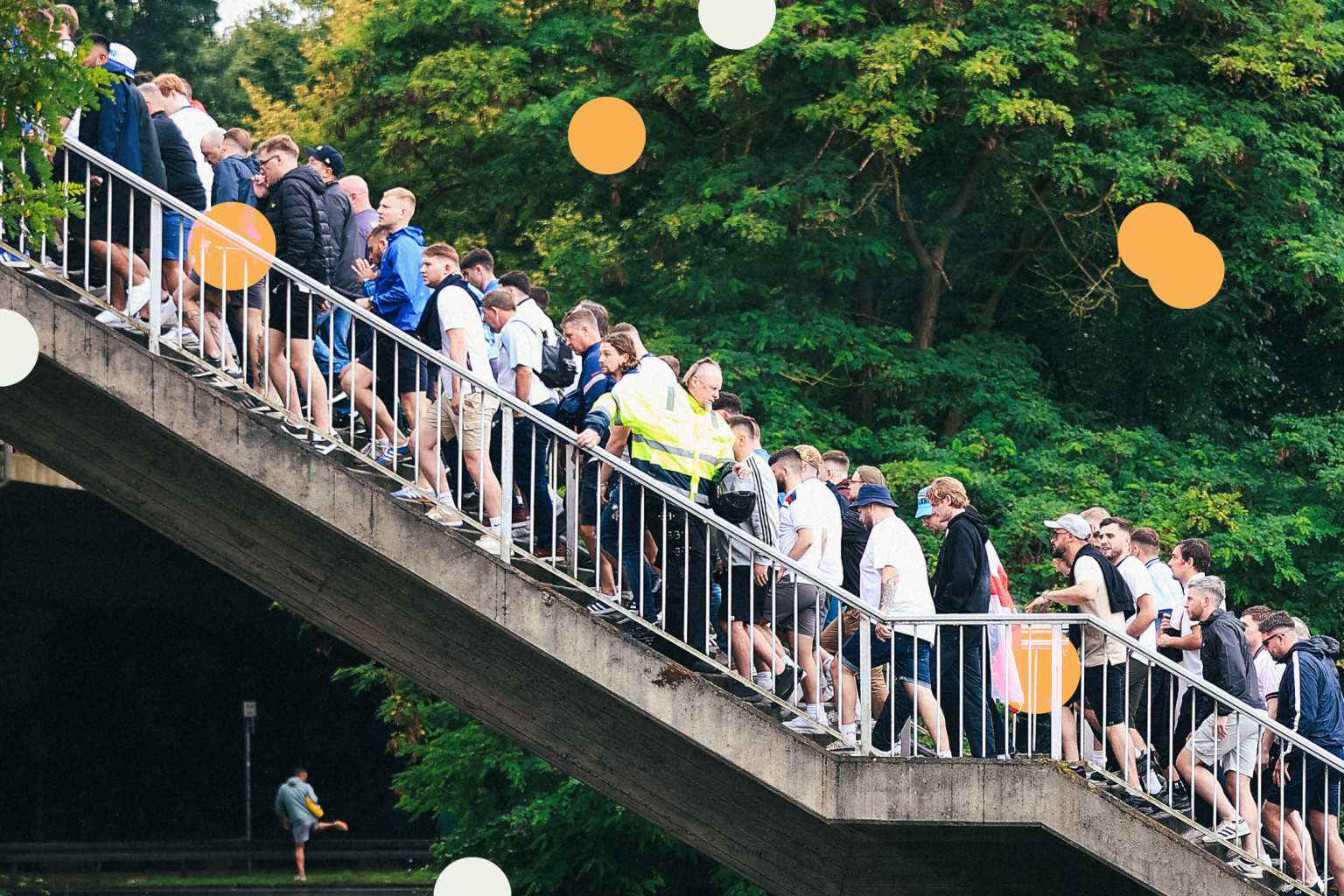The 2024 European Championship has been marred by issues of overcrowding, inefficiency, and chaos within the host cities of Germany. Fans attending matches have experienced disruptions in public transportation, with delays and cancellations causing frustration and confusion. The problems have not been limited to just the transportation system but have also extended to crowd control outside stadiums, leading to long queues and disorganization. The situation has been particularly dire in smaller host cities like Gelsenkirchen, where the lack of infrastructure and resources has put a strain on services.
The struggles faced by fans and organisers during Euro 2024 are reflective of broader issues within Germany’s railway network. Deutsche Bahn, the company responsible for operating the rail system, has been facing challenges with punctuality and reliability for years. The decline in service quality can be traced back to decades of underfunding and neglect of the infrastructure. Despite efforts to improve the network, shortages of personnel and lack of investment have contributed to a cycle of failure that has impacted the transport system’s efficiency.
The problems with Germany’s railway system have become more pronounced during the tournament, as the increased demand from football fans has exacerbated existing issues. Delays, overcrowding, and disruptions have made it difficult for supporters to travel to and from matches, leading to stressful and chaotic experiences. The situation has highlighted the urgent need for investment and improvements in the country’s transportation infrastructure to ensure a smoother and more reliable experience for passengers.
While there have been challenges and setbacks during Euro 2024, there are still positive aspects to the tournament. The atmosphere in stadiums has been vibrant, and the quality of football has been high. Despite the logistical difficulties faced by fans, many volunteers are working tirelessly to ensure a positive experience for attendees. Additionally, the host cities offer a rich cultural experience, with a variety of food, drink, and entertainment options for visitors to enjoy. Despite the current challenges, there is potential for the tournament to improve and provide a memorable experience for all involved.
In conclusion, the issues surrounding Euro 2024 in Germany highlight the importance of efficient and reliable transport systems in hosting major sporting events. The struggles faced by fans and organisers point to broader systemic issues that need to be addressed to ensure a smoother experience for attendees. While there have been challenges, there are also opportunities for improvement and for the tournament to showcase the best of German hospitality and culture. By addressing the underlying issues and investing in infrastructure, future events can avoid the pitfalls experienced during Euro 2024 and provide a more seamless and enjoyable experience for all involved.


